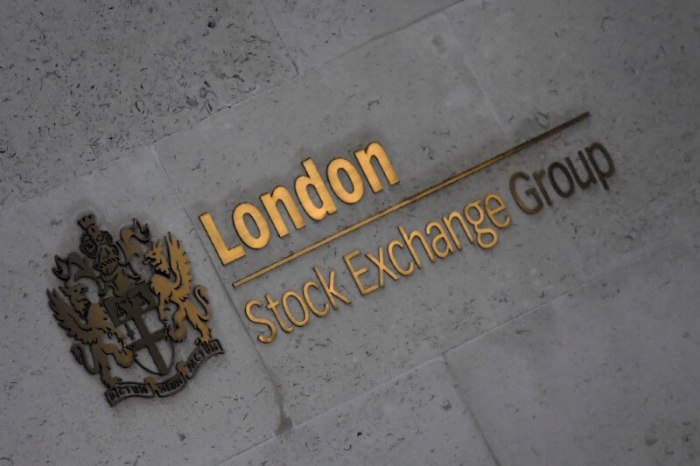By Karin Strohecker and Tom Arnold
LONDON (Reuters) – Lebanon’s sovereign dollar bonds suffered one of their worst days on record on Tuesday after Prime Minister Saad al-Hariri resigned, fanning uncertainty about how the country will emerge from its most dire economic crisis in nearly 30 years.
In a televised address to the nation, Hariri declared he had reached a “dead end” in trying to resolve almost two weeks of widespread unrest. The address came after a mob loyal to Shi’ite Muslim groups Hezbollah and Amal attacked and destroyed a protest camp set up by anti-government demonstrators in Beirut.
The 2021 Yields on some bonds have soared with the 2020 bond issue reaching 38%, indicating borrowing costs are prohibitively expensive for the heavily indebted country.
An unprecedented wave of protests has swept Lebanon since Oct. 17, with thousands of people on the street demanding the government resign amid growing anger at political leaders accused of corruption. The crisis has paralyzed Lebanon, with schools and some businesses remaining shuttered. The country’s banks have been closed for 10 days. “It is difficult to see this (government resignation) as a positive,” said Brett Diment, head of global emerging market debt at Aberdeen Standard Investments, adding there was no clarity as to what an alternative government could look like. “It’s a very a challenging situation and Lebanon has high bills to pay and it’s going to be difficult for it get through the current situation without meaningful economic reforms.” Some dollar bond issues, such as the 2020 Lebanon’s 5-year credit default swaps (CDS), a measure of the cost of insuring sovereign debt against default, jumped by 54 basis points (bps) from Tuesday’s close to a record of 1,435 bps earlier in the day after Reuters earlier cited sources as saying Hariri was likely to resign, according to IHS Markit data. Credit default swaps implied a probability of Lebanon defaulting on its debt of 26% within the next year and 59% within the next five years, IHS Markit calculated. “If this government is responsible for the dire situation it could be positive, but usually the removal of any government without a clear plan for the future is never a good thing,” said Cristian Maggio, head of emerging markets strategy at TD Securities. “Since late 2018 the country has had a systemic deterioration of its credit metrics and the market has moved ahead of expectations, which means it’s pricing in a downgrade of a couple of notches below what is the average rating for Lebanon at the moment.” The premium of Lebanese debt over safe-haven U.S. treasuries as measured by the JP Morgan EMBI emerging market debt benchmark index soared to a record high of 1715 basis points. Lebanon is one of four countries, together with hotspots Argentina, Venezuela and Zambia, to have a spread of more than 1000 bps. Lebanon sovereign spreads – https://fingfx.thomsonreuters.com/gfx/editorcharts/LEBANON-CRISIS-EUROBO… Credit ratings have also come into focus: S&P Global rates Lebanon is at B-, yet the implied rating calculated on the basis of CDS prices stood one notch below at CCC+. Moody’s already rates Lebanon one notch lower than S&P at Caa1 while Fitch cut to CCC in August – the lowest rating among the three agencies. On Monday, Lebanon’s central bank governor warned that a solution to the crisis must be found in just days to restore confidence and avoid any future economic collapse.
(Reporting by Karin Strohecker and Tom Arnold, editing by Mike Dolan and Mark Heinrich)

















